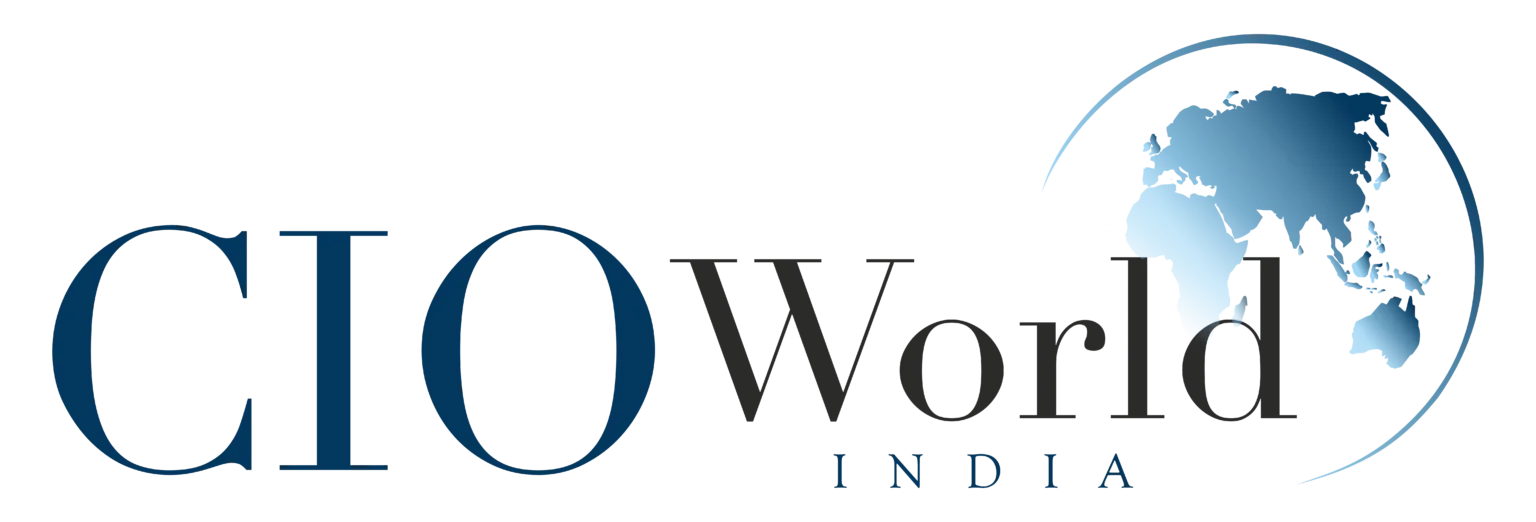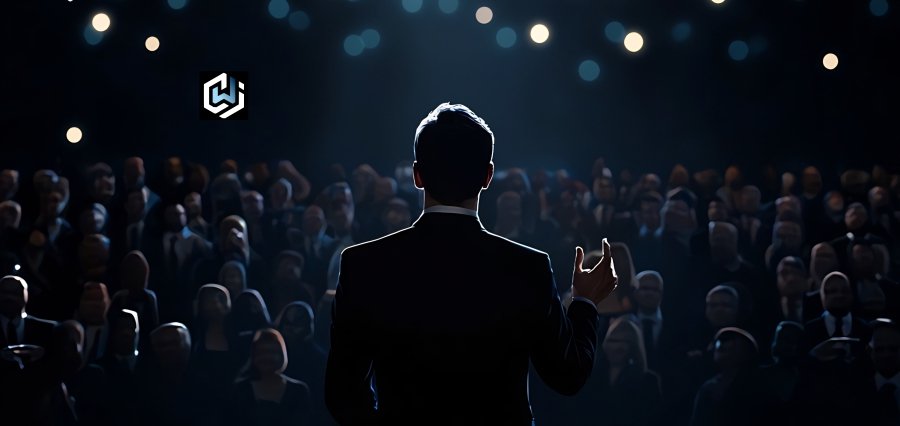Subtitle: Big Impact
Today’s corporate environment is being transformed radically by historically unmatched technological revolutions, the omnipresence of globalization, ever-volatile consumer opinions, and the ever-present shadow of the sudden arrival of game-altering developments. In such an uncertain, and at times volatile, setting, conventional paradigms for leadership fall short. There is a new generation of leaders in the making – the contemporary leader – who is adaptable, one with a strong feeling of interdependence, who believes in doing business ethically, and who feels a sense of responsibility towards business and society. These are not change wave leaders; they are indeed leading their companies and shaping social norms in revolutionary terms. Their influence goes beyond the balance sheet, for instance, by building inclusive cultures, promoting sustainable practices, and a true commitment to generating social value as well as economic returns.
One of the most important ways in which business leaders today are reshaping business is by embracing technology as a major driver of innovation and efficiency. They recognize that in today’s digital era, technological responsiveness is not only a resource but also a survival and growth imperative. Today’s leaders are drivers of the implementation of artificial intelligence (AI), big data, cloud computing, and other new trends to automate, learn more about customers’ behaviours, and create new products and services. They establish a culture of digital competence in their organizations so that they are able to leverage these technologies to maximum benefit. It is not just a question of automation, however; it is about creating new business models, driving productivity, and building new, previously unimaginable opportunities for creating and differentiating value.
Add to that the reality that new leaders are reconceiving the very mission of business to include more than a short-term focus on shareholder value and instead adopting a multi-stakeholder strategy. They understand that long-term prosperity is inextricably entwined with the health of their employees, customers, communities, and planet. That seismic shift is propelling them to more sustainable, socially conscious business models. Leaders today are leading efforts in environmental defense, ethical sourcing, diversity and inclusion, and stakeholder relations. They believe that business has the power to benefit society and, as a byproduct, not only improve its image but also be part of increased trust and loyalty among stakeholders and thus to longer-term sustainability and prosperity.
Leaders today in corporate culture are creating cultures based on teamwork, creativity, and employee well-being. They are shifting away from hierarchical leadership models towards more distributed models of leadership where individuals and groups can own and utilize their own capabilities. They recognize that an inclusive and diverse workplace where everyone has a voice and is respected is a principal source of creativity and problem-solving. New-age leaders practice open communication, transparency, and psychological safety and build workplaces where the employees feel appreciated, invested, and empowered to work at their best. Through the focus on people assets, the employees get more engaged and retained, and above all, this creates a more innovative, dynamic organizational culture.
How leaders interact with society is also transforming radically, revolutionarily. They are becoming more and more prominent in taking their rightful place as assertive voices and change makers outside their firms. They are emerging into quite influential places in public dialogue on matters of high social and environmental concern, using their standing to call for policy and programs creating sustainability, social justice, and good business practices. They are uniting in coalitions with non-profits, government, and other interests trying to move complex social issues forward. Such active participation in the wider public sphere is indicative of an increased awareness among contemporary leaders that business prosperity and social well-being are mutually dependent and that they are obligated to work towards a more equitable and sustainable future.
Additionally, contemporary leaders are defined by their ability to bounce back and adapt in the midst of continuous change and disruption. They realize that the business world is constantly evolving and learning, adapting, and being comfortable with ambiguity in order to be able to maintain long-term success. They encourage a growth mindset in their organizations, and experimentation, learning from failure, and ongoing improvement are valued. Leaders today are comfortable in questioning and disrupting the current status quo and to guide their organizations through times of revolutionary change. Their ability to reinvent and survive even amid adversity not only allows their companies to thrive amidst crises, but it also positions them to take advantage of new opportunities for disruption.
In addition, modern leaders are focusing more on ethical business governance and management. They realize that trust and honesty are the keys to establishing long-term businesses as well as their stakeholder legitimacy. They make a commitment to ethics, transparency, and accountability with moral decision-making throughout their organization. Leaders of today are creating moral foundations as well as an ethic of honesty, and thus ensuring their business operations act in the best hopes of behavior. Their ethics practice commitment not only ensures risk reduction but establishes the organization’s reputation and inspires long-term customers, employees, investors, and communities with faith in the organization.
In short, leaders today are transforming the world of business as much as they are transforming society as a whole through their embrace of technology, their commitment to multi-stakeholder value creation, their focus on inclusive and innovative organizational culture, their clear taking on of societal challenges, their resilience and flexibility, and their strong commitment to ethical practice. They are abandoning outdated models of leadership to discover a more responsible and integrated approach that is attuned to the interdependence of business success and public well-being. By prioritizing purpose above profit, leading innovation with heart, and making a positive contribution to society as good corporate citizens, leaders today are not only resolving the 21st-century issues but are themselves building an even more sustainable, fairer, and more prosperous world for everyone. Their impact on transformation is rewriting the business script for society and creating a new definition of leadership for the 21st century.





